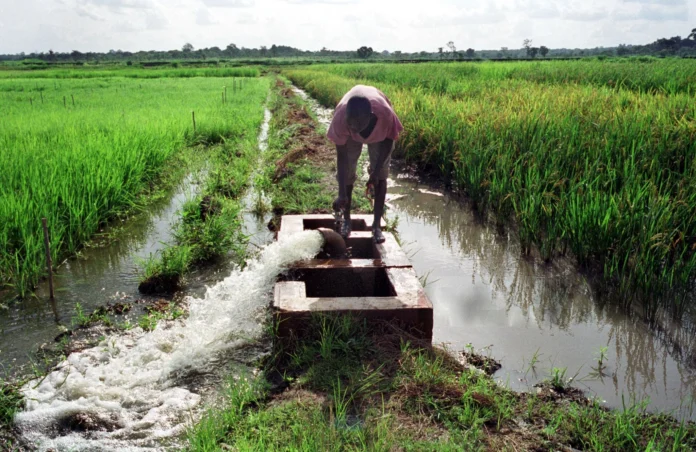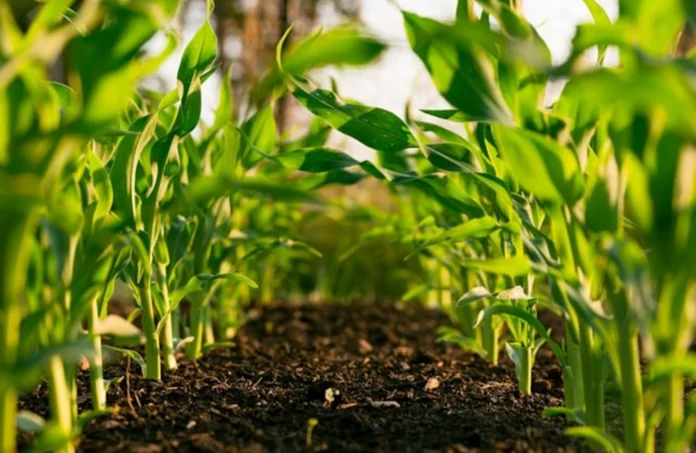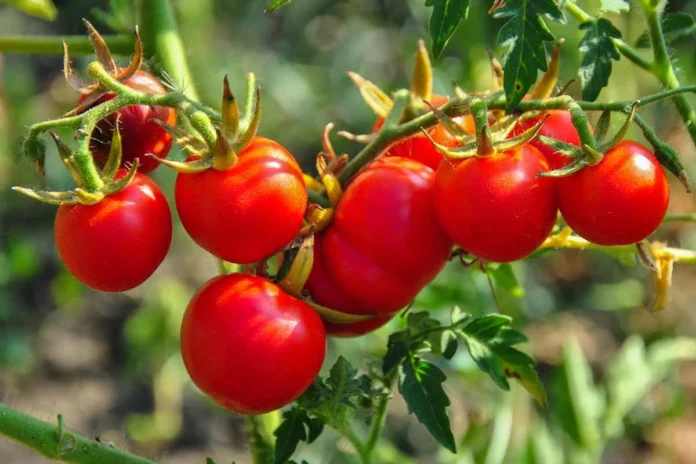The Brazilian government has unveiled an emergency measure to cushion the blow from a steep U.S. tariff that threatens the country’s agricultural exports. In response to Washington’s decision to impose a 50 percent duty on a wide range of Brazilian food products, President Luiz Inácio Lula da Silva’s administration is authorizing states and municipalities to buy those goods directly for use in public programs, including school lunches and hospital meals.
The measure was formalized on August 22 through a joint ordinance issued by the Ministry of Agrarian Development and Family Farming and the Ministry of Agriculture. According to the regulation, Brazilian authorities at the federal, state, and municipal levels will now be able to purchase produce that exporters can no longer sell to the U.S. market because of the sudden tariff hike.
Redirecting exports to the domestic table
Products most affected include mangoes, grapes, açai, cashew nuts, fruit juices, and several types of fish — staples of Brazil’s agricultural export portfolio. Instead of being left unsold or discarded, these goods will be redirected to meet domestic demand in public institutions. Officials say they will be distributed through the national school meals program, hospitals, and even the Armed Forces.
“The idea is to transform a trade setback into a social opportunity,” said a senior official from the Ministry of Agrarian Development, speaking on condition of anonymity. “Brazilian children in public schools will have access to higher-quality and more diverse meals, while our farmers find relief from the sudden loss of a key market.”
A safety valve for exporters
The government has set specific requirements for exporters to qualify for the program. Producers must demonstrate that they attempted to sell the affected goods to the U.S. after January 2023, and they must submit a formal declaration of losses caused by the tariff barrier. Once approved, their products can be purchased directly by government entities.
Agricultural trade experts note that the measure serves as a short-term safety valve for producers, particularly small and medium-sized farmers, who may otherwise face severe financial strain. “The U.S. has long been one of the top destinations for Brazilian fruit and nut exports,” explained economist Cláudia Mendes, a specialist in agribusiness policy. “With tariffs doubling the cost for American buyers, demand could evaporate overnight. This mechanism allows Brazil to keep farmers afloat while turning their output toward domestic food security.”
Political and economic backdrop
The U.S. decision to impose the tariff has been described in Washington as a measure to “protect domestic producers.” However, in Brasília it is widely perceived as a protectionist move that unfairly penalizes Brazilian agribusiness, which has gained market share in recent years due to competitive pricing and favorable harvests.
President Lula, who has emphasized food sovereignty and public welfare as pillars of his administration, is using the situation to reinforce national programs aimed at fighting hunger and improving nutrition. Since returning to office in 2023, Lula has pledged to revitalize the Programa Nacional de Alimentação Escolar (PNAE), the world’s largest school meals initiative, which serves more than 40 million students daily.
“This is not just about reacting to U.S. tariffs,” said Mendes. “It is also consistent with Lula’s broader agenda of linking agriculture to social policy. What might be a crisis for exporters can become a chance to invest in Brazilian children’s nutrition.”
Looking ahead
While the ordinance offers immediate relief, analysts warn that the longer-term challenge remains unresolved: how Brazil will safeguard its agricultural sector from unpredictable trade barriers in major export markets. Negotiations with the United States may continue through diplomatic channels, but the impact of the tariff could reshape trade flows for months to come.
In the meantime, Brazilian families may see more tropical fruits and juices appearing in public school cafeterias and hospitals — a reminder of how global trade disputes can end up influencing what ends up on the nation’s tables.












